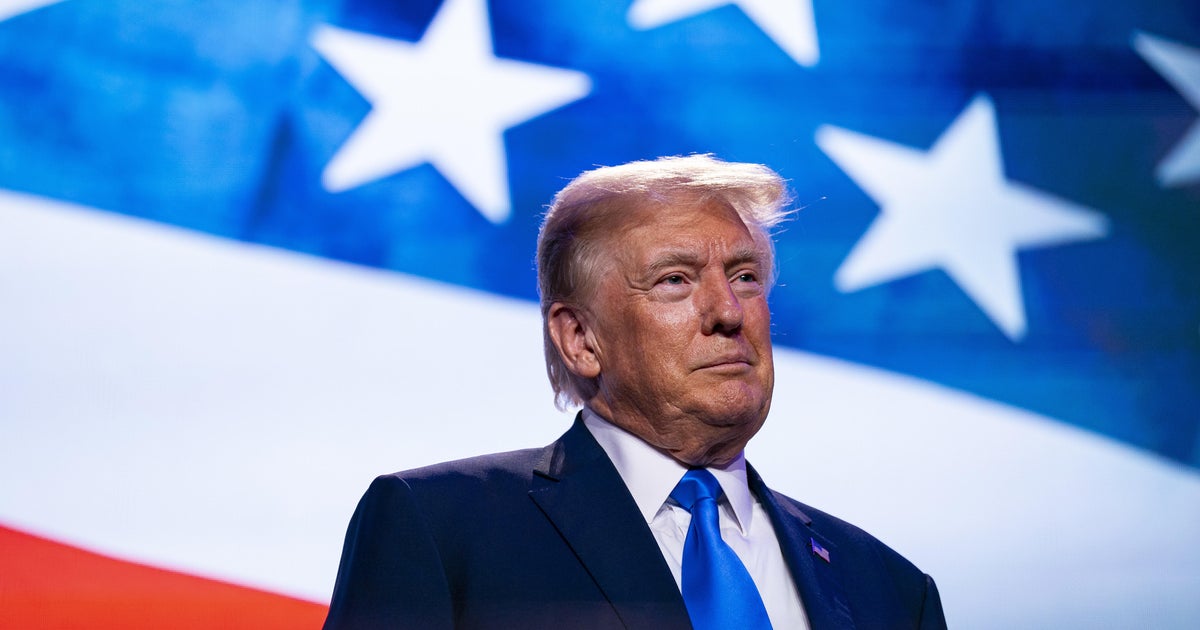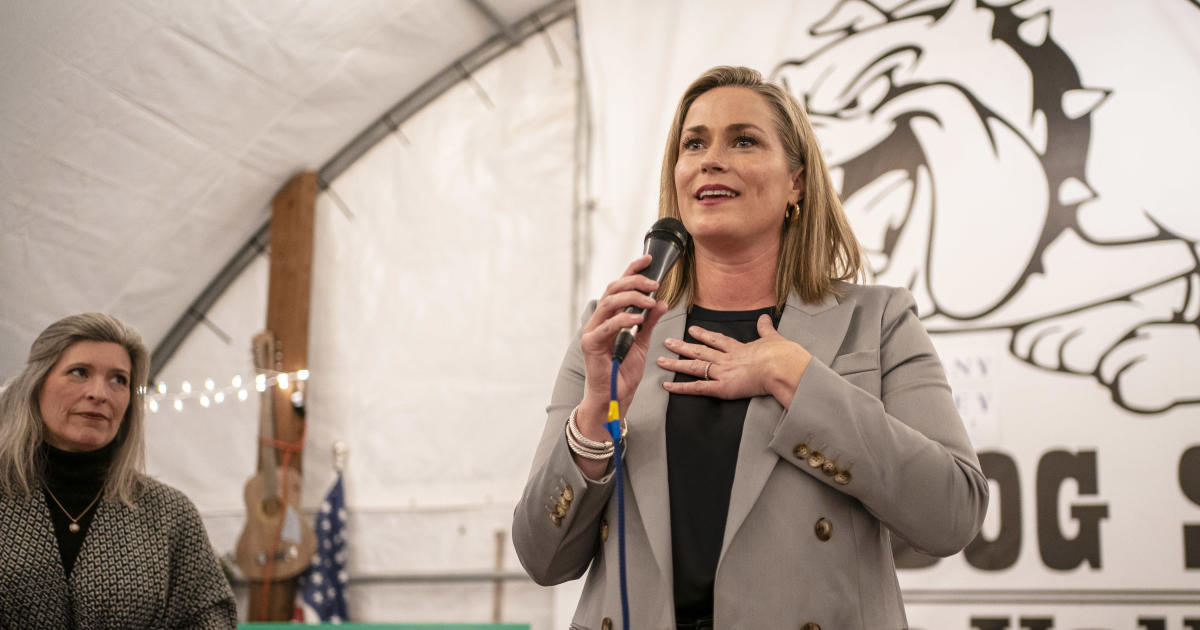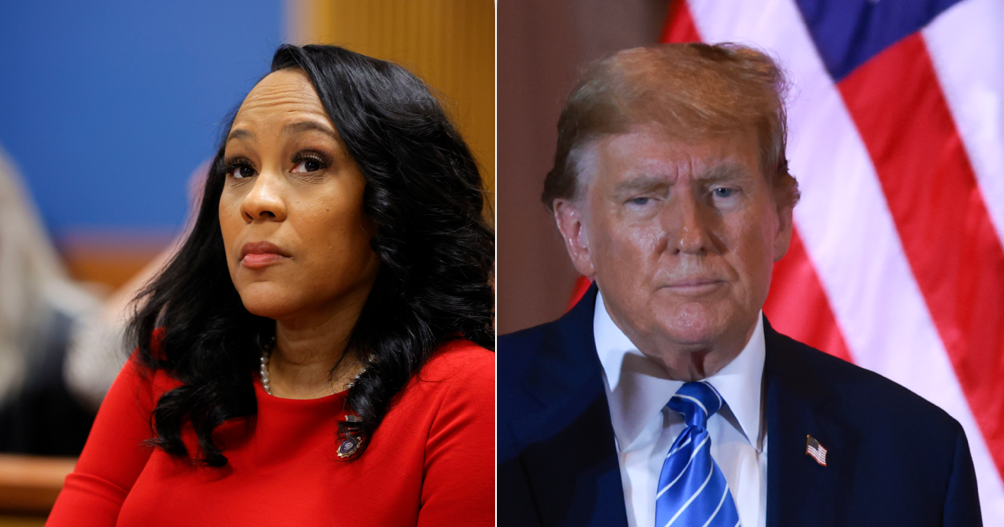Facebook and Twitter CEOs face Senate questions on election measures
The Senate Judiciary Committee held a hearing Tuesday to question Facebook CEO Mark Zuckerberg and Twitter CEO Jack Dorsey on their companies' actions around the 2020 presidential election. The two social media leaders testified via video at the hearing, titled "Breaking the News: Censorship, Suppression, and the 2020 Election."
Zuckerberg and Dorsey promised lawmakers last month they would aggressively guard their platforms from being manipulated by foreign governments or used to incite violence around the election results — and they followed through with high-profile steps that angered President Donald Trump and his supporters. Whether or not the measures will bring meaningful change to the platforms was a dominant focus at Tuesday's hearing.
Zuckerberg said technological safeguards, as well as human monitors, are now catching most hate speech before it is reported to the company, but he acknowledged "there's still more progress to be made." Both CEOs said their companies would conduct "post-mortem" reviews of their efforts to impede the spread of misinformation during the election.
"We will do that analysis," Zuckerberg said. "And also we are commissioning and working with independent academics to enable them to do the studies themselves, and to publish what they find without any intervention or permission required from Facebook."
Central to the senators' questioning was whether or not the social media giants should be considered publishers — and therefore be held responsible for the content that is posted on their platforms. The CEOs argued that they should not be considered publishers because they do not create the content that users post on their sites. Senators from both sides of the aisle contended that distribution of information is akin to publication.
Dorsey repeatedly emphasized that algorithms, above all else, organize the information that users ultimately interact with.
"The inescapable fact is your algorithms shape what billions of people understand to be true, for a COVID-19 vaccine, for climate change," said Senator Chris Coons.
Senator Amy Klobuchar pressed the CEOs to provide greater transparency surrounding their algorithms. Dorsey said algorithm transparency would be challenging, but that giving users greater "choice" of algorithms is a possible solution.
Twitter and Facebook have both slapped a label flagging misleading statements in some recent posts from President Trump, most notably his assertions claiming vote fraud. On Monday, Twitter flagged Mr. Trump's tweet proclaiming "I won the Election!" with this note: "Official sources called this election differently."
Facebook also moved two days after the election to ban a large group called "Stop the Steal" that Trump supporters were using to organize protests against the vote count. The 350,000-member group echoed Mr. Trump's baseless allegations of a rigged election to claim the results were invalid.
For days after the election, as the vote counting went on, copycat "Stop the Steal" groups were easily found on Facebook. As of Monday, Facebook appeared to have made them harder to find, though it was still possible to locate them, including some groups with thousands of members.
The CEOs were asked Tuesday if they would continue to monitor political disinformation as the all-important Georgia Senate runoffs near. The special election of two Georgia senators in January will determine which party gains control of the Senate.
Both Democrats and Republicans are worried social media platform bans on political ads could hinder them as they try to reach voters in the state. Facebook and Google both banned political and social issue ads in the wake of the November election. On Wednesday, Facebook confirmed its post-election ban on these ads will continue amid ongoing vote counting and legal efforts in some states.
Regardless, Senator Richard Blumenthal said Tuesday he is concerned that the companies are "backsliding" on moderation. Zuckerberg said that is not the case, and Facebook will take the same approach in Georgia as it did nationally during the presidential election. Dorsey echoed his statement, adding that Twitter also intends to learn from the experience.
Mr. Trump and the Republicans accuse the social media companies of anti-conservative bias. Democrats also criticize them, though for different reasons. The result is that both parties are interested in stripping away some of the protections that have shielded tech companies from legal responsibility for what people post on their platforms. Biden has heartily endorsed such an action.
The debate centers on a two-decade-old law known as Section 230. The law makes it possible for internet companies to set rules for speech on their platforms, but avoid being held liable for everything that is said within their confines.
Democrats, Republicans, and both CEOs said they are in favor of reforming the law — but what specific changes Zuckerberg and Dorsey support is less clear.
Zuckerberg said it "may be appropriate" for the government to set clear regulatory rules for "certain types of illegal content" on social media, such as child exploitation and terrorism, but maintained that a video posted by Steve Bannon, calling for the beaheading of Dr. Anthony Fauci and FBI Director Christopher Wray, does not warrant his account to be taken down.
Twitter banned the former top Trump adviser's account after he called for the beheading on his podcast. Bannon's account is still active on Facebook, but the company has removed videos of his remarks for violating its policy on violence and incitement.
Asked by Blumenthal if he will "commit to taking down" the account, Zuckerberg responded: "No, that's not what our policies would suggest that we should do in this case."



